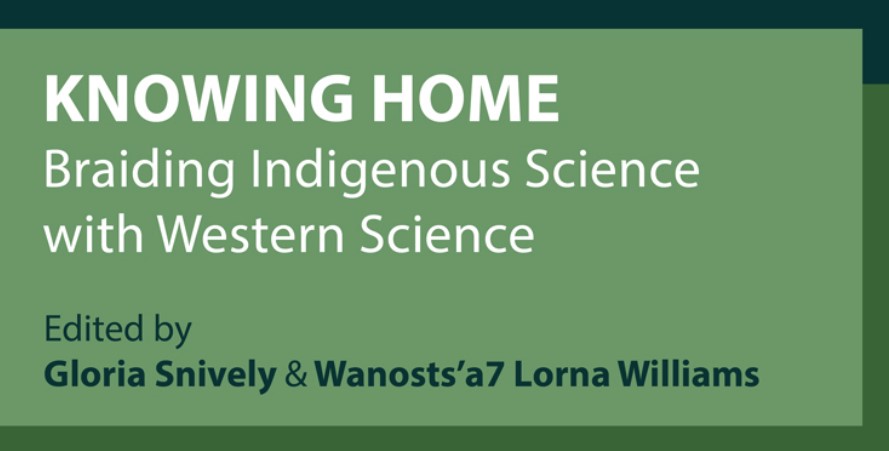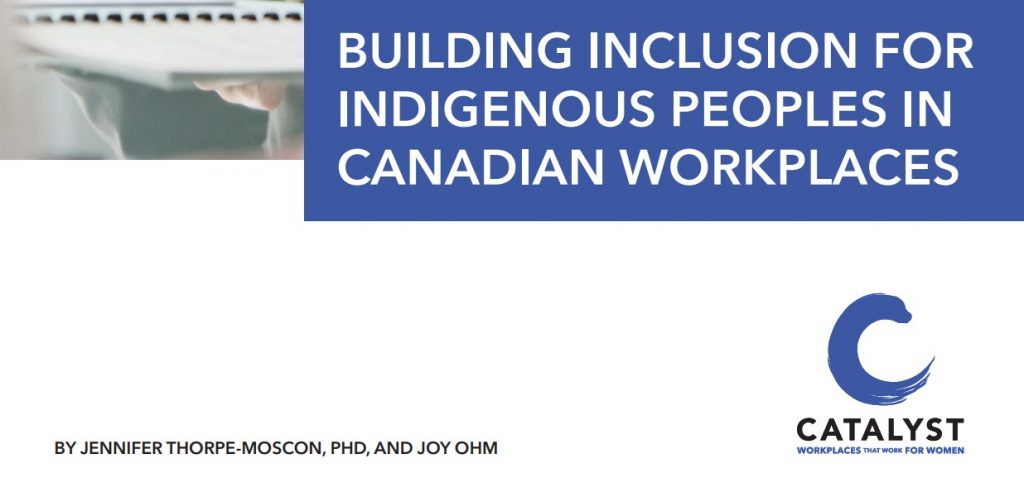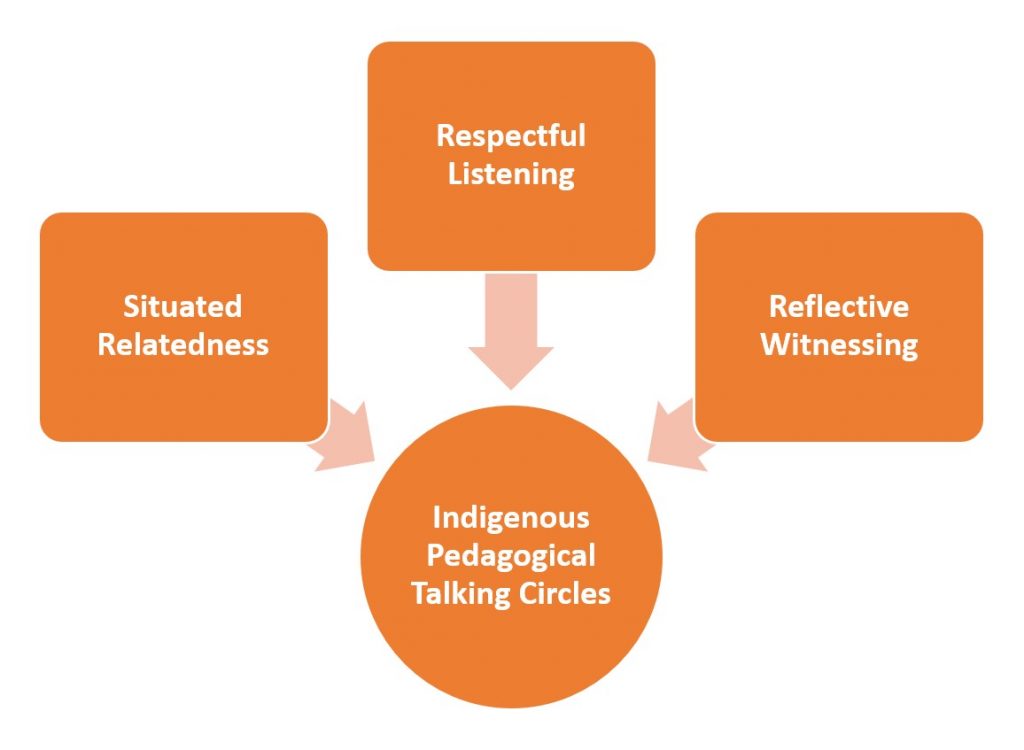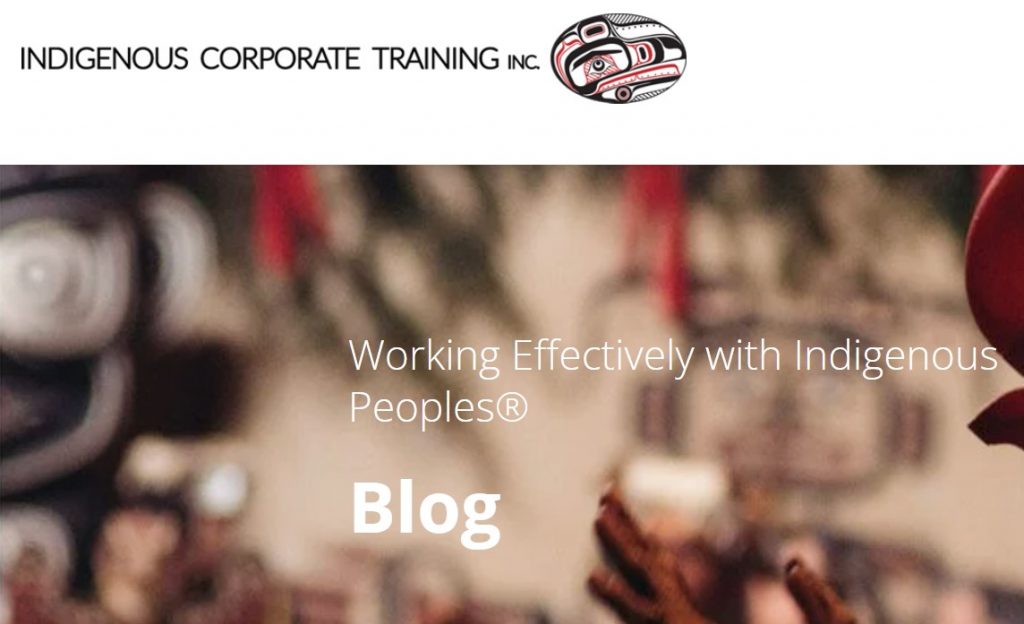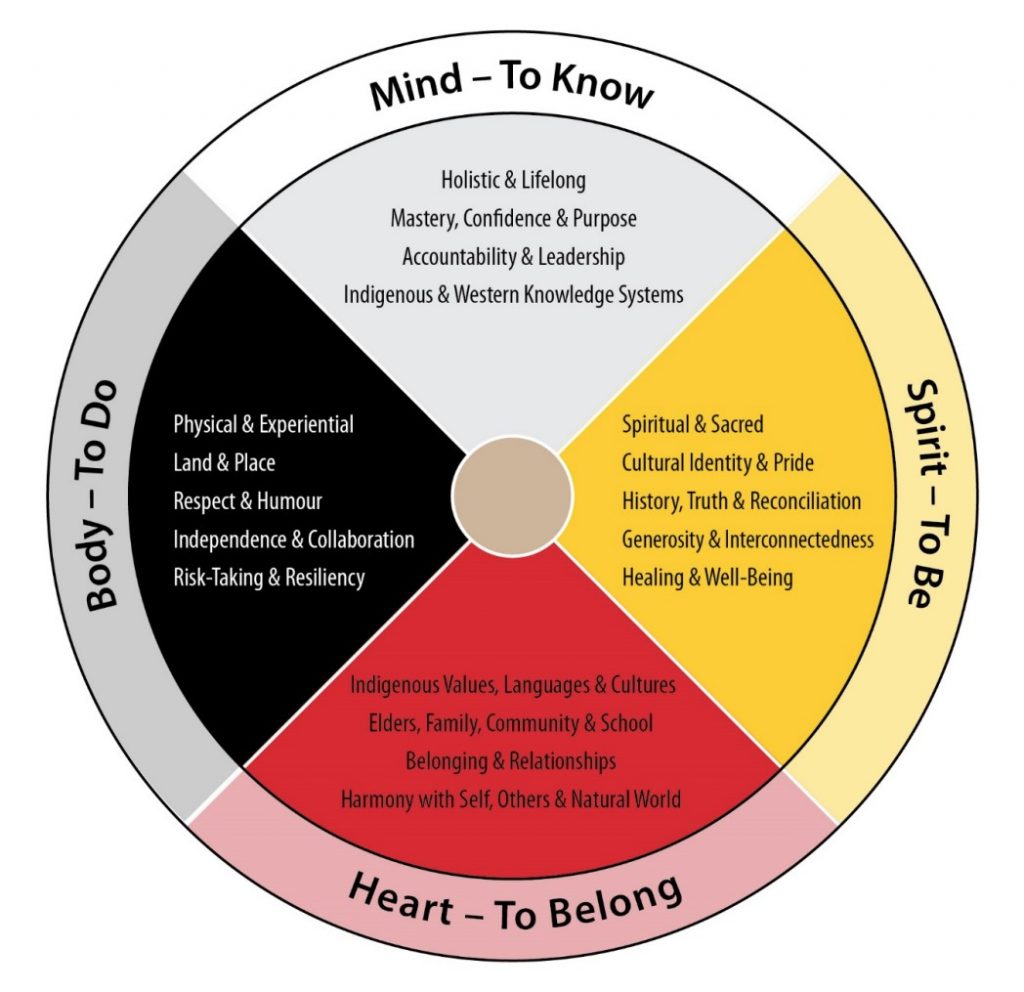The fifth resource for my Module 4 research collection is an e-book on acknowledging the legitimacy and importance of both Indigenous and Western knowledge systems. This e-book provides insightful examples of how the spiritual wisdom and ecological knowledge from Indigenous science, including the values and ways of decision-making, have been proven through the test of time to foster sustainability and environmental integrity. Check out the e-book below to learn how survival and experiential learning principles of Indigenous science should be viewed as co-existing with Western science for its validity and practicality.
Snively, G. & Williams, L. (2016). Knowing home: Braiding Indigenous science with Western science. BCcampus. https://pressbooks.bccampus.ca/knowinghome
